Reason, or the ratio of all we have already known, is not the same that it shall be when we know more
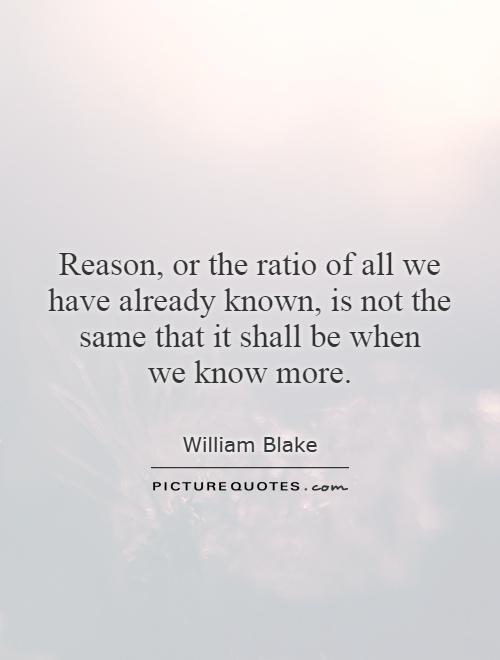
Reason, or the ratio of all we have already known, is not the same that it shall be when we know more
William Blake, the renowned English poet, painter, and printmaker, was a visionary artist who challenged conventional wisdom and explored the depths of the human experience. His works often delved into the complexities of the human mind and spirit, questioning the established norms and beliefs of his time. One of Blake's most famous quotes, "Reason, or the ratio of all we have already known, is not the same that it shall be when we know more," encapsulates his belief in the ever-evolving nature of knowledge and understanding.In this quote, Blake suggests that reason, or the logical process of thinking based on what we already know, is not static or fixed. Instead, it is subject to change and transformation as we acquire new knowledge and insights. Blake challenges the notion that reason is the ultimate arbiter of truth, arguing that it is limited by our current understanding and experiences. He believed that true wisdom comes from a deeper, intuitive understanding of the world, rather than relying solely on reason and logic.
Blake's emphasis on the transformative power of knowledge is evident in his own works, which often explore themes of imagination, creativity, and spiritual enlightenment. His poetry and art are filled with vivid imagery and symbolism, inviting readers to look beyond the surface and delve into the deeper meanings and truths that lie beneath.
For Blake, the pursuit of knowledge was not just an intellectual exercise, but a spiritual journey towards self-discovery and enlightenment. He believed that true wisdom could only be attained through a combination of reason, intuition, and imagination. By embracing the unknown and being open to new experiences, one could expand their understanding of the world and themselves.
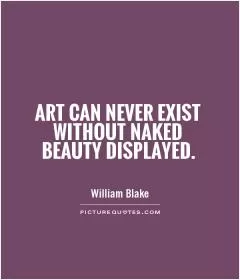




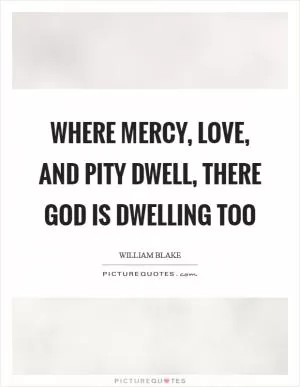
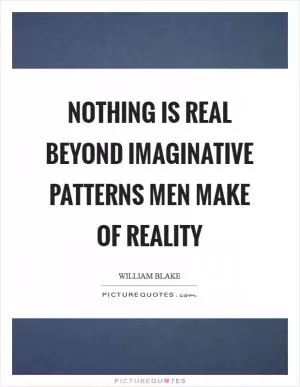
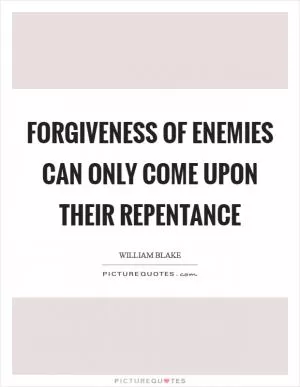
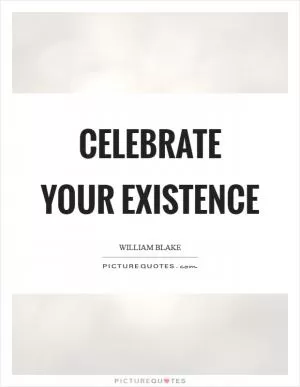
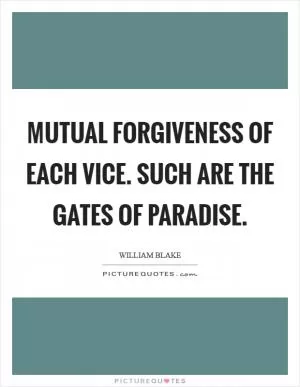
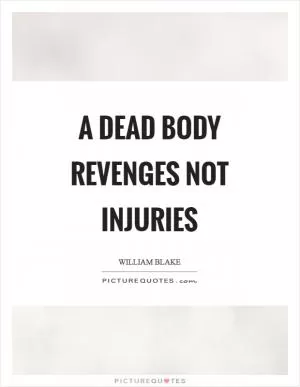
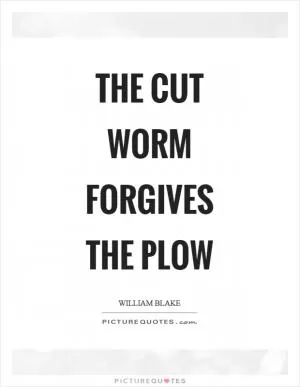
 Friendship Quotes
Friendship Quotes Love Quotes
Love Quotes Life Quotes
Life Quotes Funny Quotes
Funny Quotes Motivational Quotes
Motivational Quotes Inspirational Quotes
Inspirational Quotes